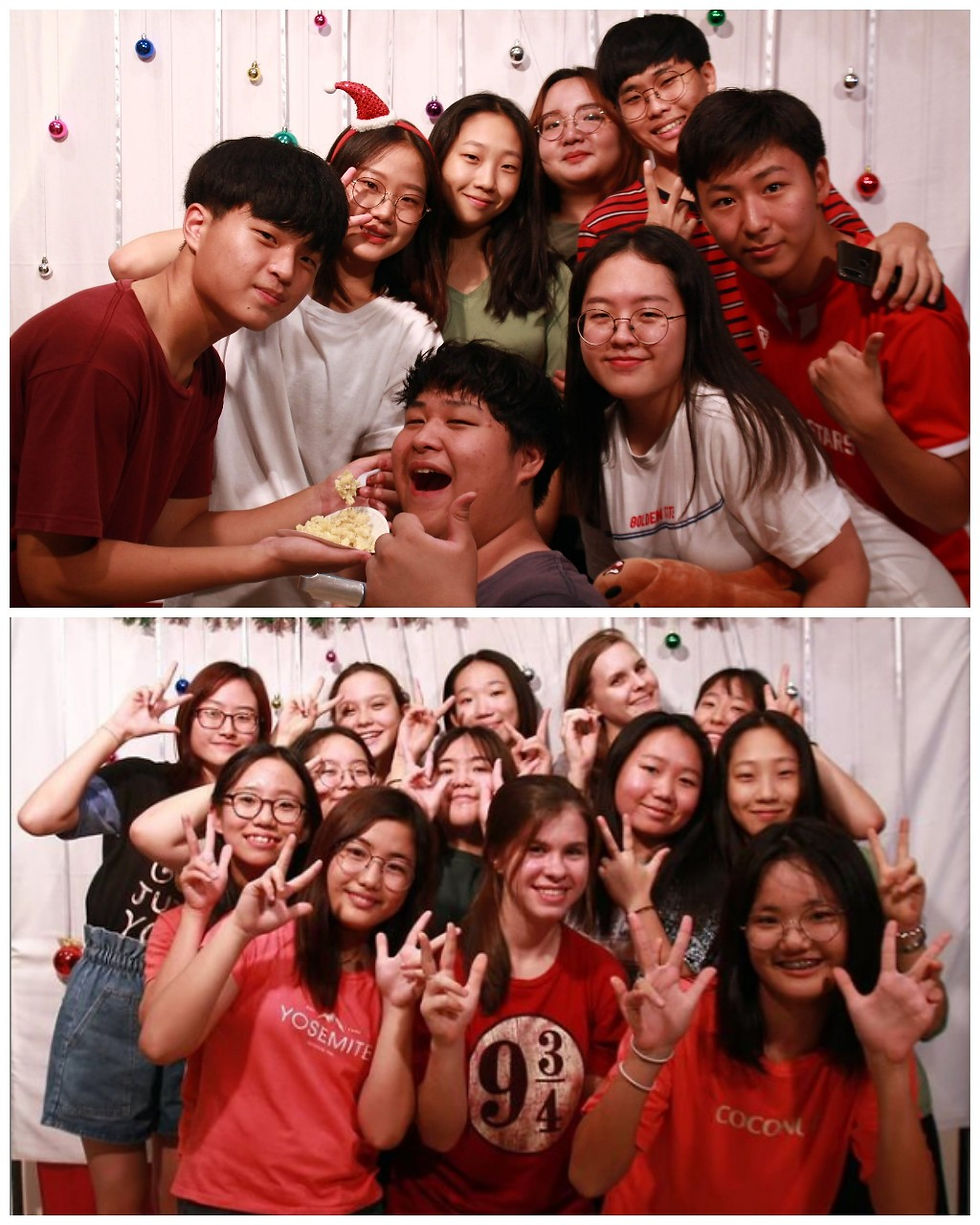Cancel Culture: Beneficial to Society?
- Rah Hee Han

- Nov 30, 2020
- 2 min read
Updated: Dec 1, 2020
By Rah Hee Han
You’ve probably seen a famous celebrity receiving hate comments and getting “canceled” on social media. Cancel Culture, also known as “call-out culture,” refers to the practice of withdrawing support for individuals, especially those who are active in the social and political world, after they have said or done something
controversial or offensive. Cancel culture is usually performed on social media platforms in the form of group shaming. “Cancelling” can take several forms, which can vary from pressuring organizations in order to remove an individual from appearing in public, all the way to organizing boycotts of a certain business’s products.
With the rise of the popularity of the Cancel Culture movement, opinions have surfaced on whether Cancel Culture is beneficial to society and whether it can really change people’s mindset and educate the world. While supporters of this culture state that Cancel Culture is freedom of speech and helps remove offensive people from power, others argue that this culture provides a space for people to express unacceptable hate to the offender.
As members of the Wesley community, do you believe that Cancel Culture is beneficial to Wesley? Here are three examples of positive and negative perspectives of Cancel Culture that may help build your opinion.
Cancel Culture has become popular among Millennials and Gen-Z as they are more familiar with the internet and social media than any other generation. While Cancel Culture may benefit society by holding powerful people accountable for their actions, extreme forms of Cancel Culture may provide a place to unleash everyone’s negativity and result in the opposite effect through people building a sense of pity towards the offender. Does this mean that second chances or room for growth is no longer acceptable?
Proverbs 27:17 states, “As iron sharpens iron, so one person sharpens another.” From this verse, Cancel Culture may seem beneficial as a society can hold one another accountable. However, Luke 6:37 reminds us that we shouldn’t judge each other and that forgiveness still exists. These two verses seem contradictory when referring to Cancel Culture. How does this apply to us as Christians and members of the Wesley community? Would Wesley be willing to open up to new voices and opinions from diverse groups?
















Comments